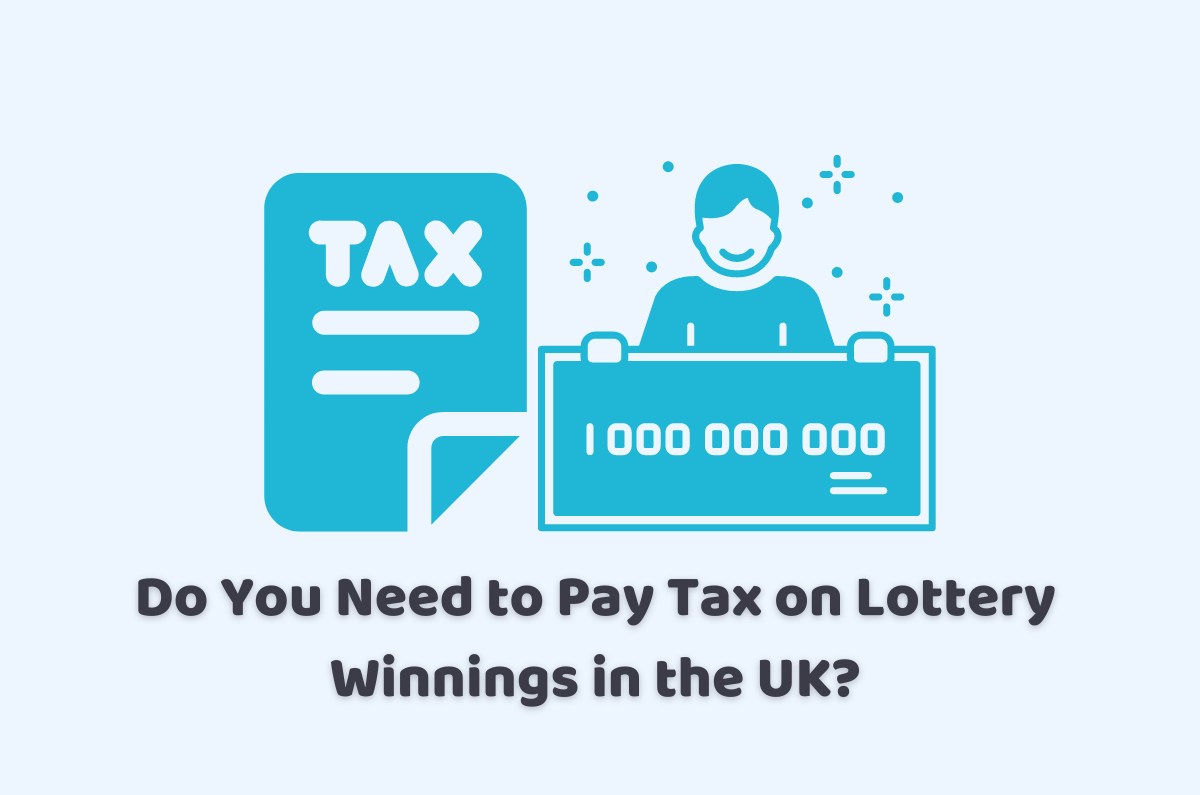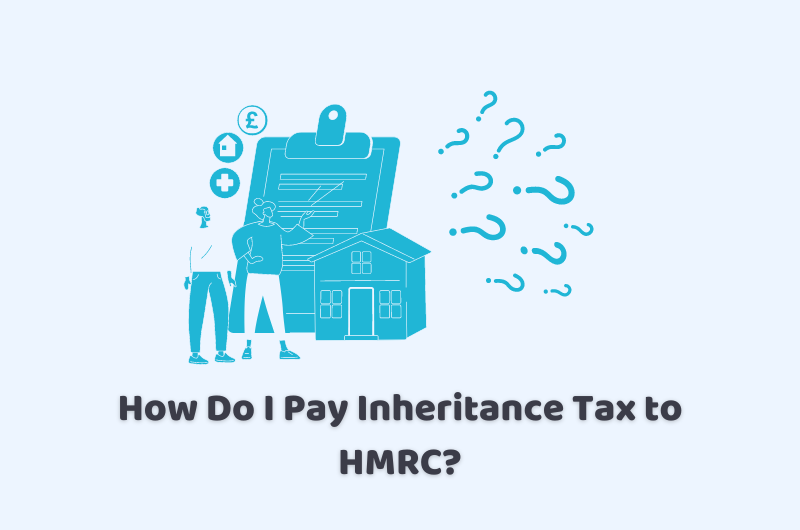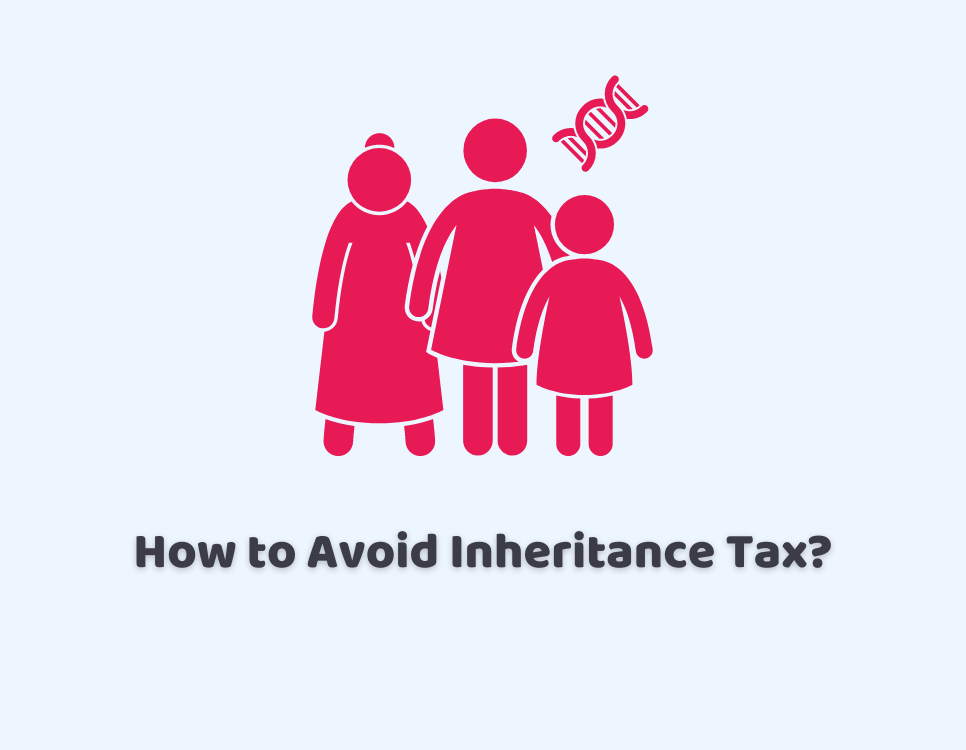22/04/2024tax , Tax Issues , Tax News and Tips , Tax Saving Tips , Taxation
What is the tax on lottery winnings? As with any significant windfall, it’s essential to consider the tax implications to ensure that your good fortune isn’t diminished by unforeseen tax liabilities. In the UK, lottery winnings are tax-free, but this doesn’t mean that winners are completely exempt from tax. Understanding these tax rules and regulations …
Read more



